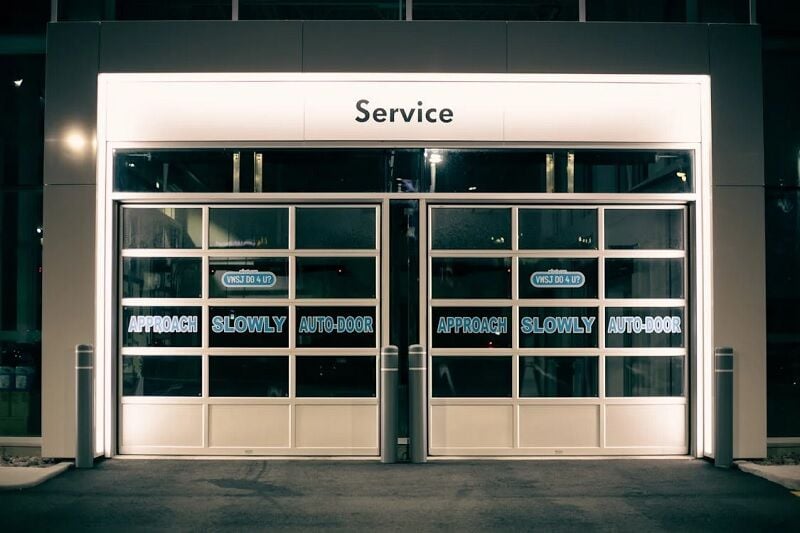Government to advance 47 billion baht in PPP projects this year

Government investment projects under public-private partnerships (PPP) are set to advance this year, nearing the target of 47 billion baht, as projected by the State Enterprise Policy Office (Sepo).
Sepo’s director-general, Tibordee Wattanakul, mentioned that the PPP investments are expected to alleviate the government’s fiscal responsibilities.
By February, the PPP Committee had sanctioned 18 billion baht for fiscal 2024, focusing on the development of berths B3, B4, and B5 at Laem Chabang Port.
Tibordee anticipates that by the end of June, an additional 10 billion baht in PPP projects will receive approval.
Several other projects, such as the cruise terminal on Koh Samui, plan to adopt the PPP model. This cruise terminal project, valued at over 10 billion baht, aims to attract high-spending tourists travelling on cruise ships.
Tibordee mentioned that the cruise terminal project is likely to be approved by the PPP Committee within this fiscal year or early in fiscal 2025.
“The committee’s evaluation of any investment project includes a comprehensive review from multiple perspectives, not just profit maximisation.”
Environmental impact and public service charges are key considerations. For instance, the investment to expand the deep-sea port at Laem Chabang takes into account service charge proposals in comparison to Singapore, as excessively high charges could deter users.
Previously, the committee approved adjustments to the joint investment plan for 2020 to 2027 to match each project’s readiness, ensuring current relevance.
The updated plan now includes 135 projects valued at 1.19 trillion baht, an increase from 127 projects totalling 1.17 trillion baht.
Tibordee noted that a clear framework for PPP projects through a joint investment plan can attract the private sector to co-invest in state projects, reported Bangkok Post.
He added that the PPP Committee has expedited various high-economic value projects, or those significantly impacting the public, such as rail, road, and social projects. These initiatives aim to enhance quality of life by providing efficient, swift public services and transportation systems.
Latest Thailand News
Follow The Thaiger on Google News:


























